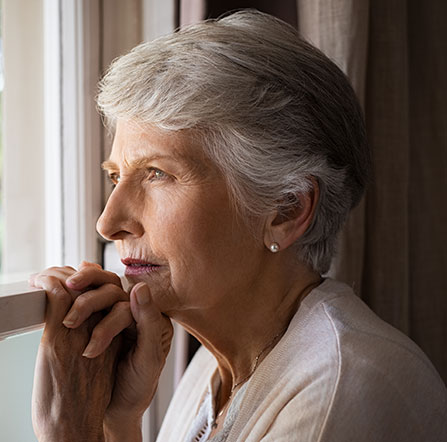Welcome to our HI-VIS UK learning platform that is designed to help you to discover more about age related dual sensory loss and how it impacts on daily life.
Whether you are an older person, a carer or care sector professional, a clinician, social work professional, a student, someone looking for a new career or an employer you will find information and advice that will help you as an individual and in your professional life
Hi-Vis UK is the charity that specialises in supporting those people who are experiencing problems with their vision and hearing as they are getting older and also those people and organisations who provide care and support.
Thanks to funding from the National Lottery Community Fund we have produced this short film to tell you a little about: the issues that loosing hearing and sight can cause; what you can expect; how you can prepare to deal with those issues; who can help you and what are your rights to statutory support.
There are also further opportunities for you to learn more and even gain CPD and qualifications that can help your career or business. Just stay in touch with Hi-Vis UK to find out more. Meanwhile here is a short “explainer” to get you started.









